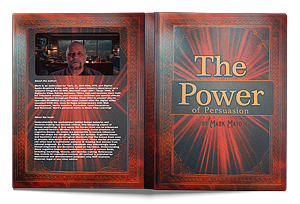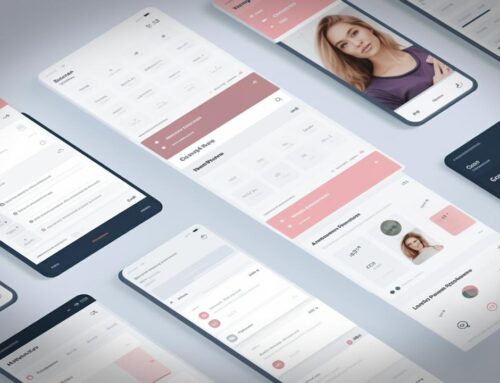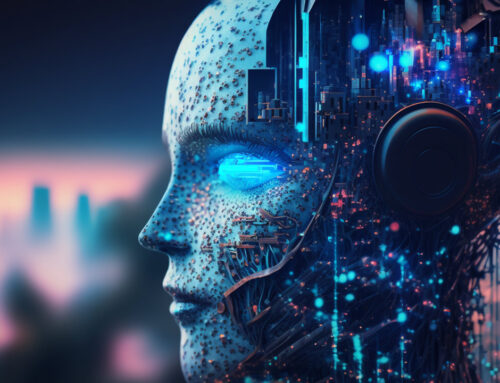Artificial Intelligence (AI) is transforming the marketing landscape, making it more effective and efficient. The advancements in AI technology enable marketers to understand their customers better, create personalized experiences, and make data-driven decisions. In this article, we will explore various ways in which AI is revolutionizing the marketing industry.
1. Customer Insights and Predictive Analytics
AI enables businesses to collect and analyze vast amounts of customer data, leading to deep insights and personalized marketing strategies.
A. Improved Data Collection
- AI-powered tools collect data from multiple sources such as social media, web traffic, and CRM systems.
- Data collection becomes faster and more accurate, leading to better decision-making.
B. Predictive Analytics
- AI algorithms analyze historical data to forecast customer behavior and preferences.
- Businesses can predict customer churn, purchase behavior, and lifetime value.
- Predictive analytics help marketers create targeted campaigns and improve customer retention.
2. Personalization and Customer Experience
AI-driven personalization enables marketers to create unique experiences for their customers, leading to increased engagement and loyalty.
A. Content Personalization
- AI algorithms analyze user behavior and preferences to deliver personalized content.
- Content recommendations, tailored advertisements, and product suggestions enhance user engagement.
B. Chatbots and Virtual Assistants
- AI-powered chatbots provide instant customer support and assistance.
- Virtual assistants facilitate personalized interactions and help customers navigate through products and services.
3. Automation of Marketing Tasks
AI helps automate repetitive and time-consuming marketing tasks, freeing up time for marketers to focus on strategy and creativity.
A. Email Marketing
- AI algorithms can optimize subject lines, content, and send times to maximize open and click-through rates.
- Automated segmentation and personalization lead to better engagement.
B. Social Media Management
- AI tools can analyze and schedule social media posts for optimal engagement.
- Sentiment analysis and social listening enable businesses to monitor their brand reputation and respond proactively.
4. Enhancing Creativity and Ad Design
AI technology can support marketers in creating compelling ad designs and copy.
A. AI-generated Content
- AI algorithms can generate creative content such as headlines, ad copy, and social media captions.
- AI-generated content saves time and resources while maintaining quality and consistency.
B. Ad Optimization
- AI tools can analyze ad performance and suggest improvements.
- Dynamic creative optimization adjusts ad elements in real-time, maximizing ad performance and ROI.
5. Performance Measurement and Optimization
AI-driven analytics help marketers measure and optimize campaign performance, making data-driven decisions.
A. Advanced Analytics
- AI-powered analytics tools provide real-time insights into campaign performance.
- Marketers can track key performance indicators (KPIs) and make informed decisions.
B. Continuous Optimization
- AI algorithms can identify patterns and correlations in data, suggesting ways to optimize marketing efforts.
- Marketers can test and refine their strategies continuously, leading to increased effectiveness and efficiency.
AI is transforming marketing by enhancing customer insights, personalization, automation, creativity, and performance measurement. The adoption of AI technology enables businesses to create targeted and engaging marketing campaigns, ultimately leading to higher customer satisfaction and improved ROI. As AI continues to evolve, its impact on marketing will only grow, making it essential for businesses to stay ahead in this rapidly changing landscape.










